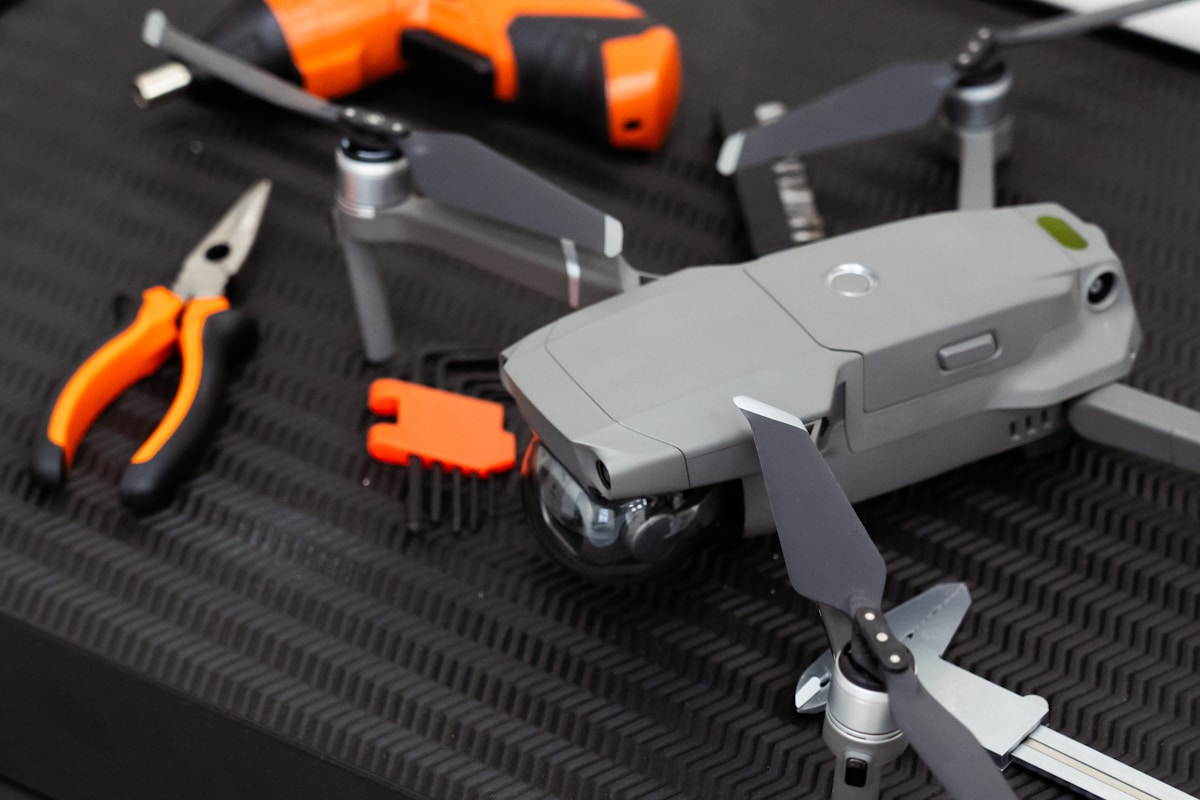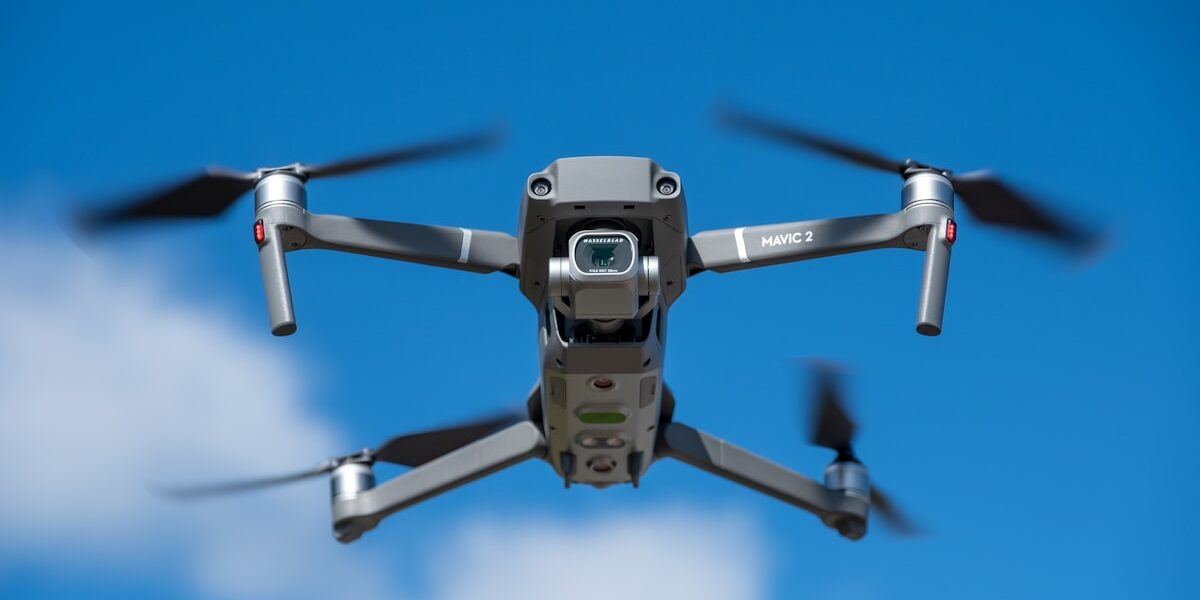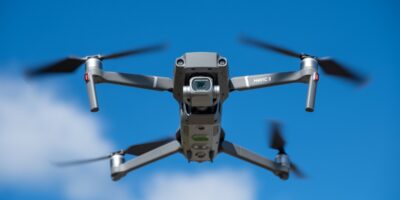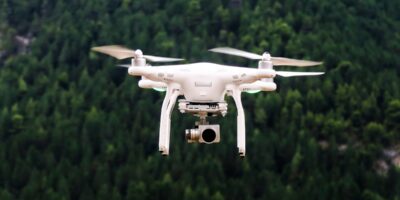Drone Exploring UAS Certificate Prog guidance has gotten complicated with all the outdated regulations and conflicting advice flying around. Here’s what you actually need to know.
Exploring UAS Certificate Programs
The rise of unmanned aerial systems (UAS), commonly known as drones, has seen rapid growth in various industries. From agriculture to public safety, drones have transformed traditional operational methods, increasing efficiency and safety. With this evolution, there’s a growing demand for skilled professionals who understand the complexities of UAS technology. This demand has led to the creation of specialized UAS certificate programs.

What is a UAS Certificate Program?
A UAS certificate program provides targeted education and training on unmanned aerial systems. These programs cover both theoretical knowledge and practical skills. Topics often include drone piloting, systems maintenance, data analysis, and regulatory compliance. Educational institutions and private organizations offer these programs, catering to beginners and seasoned professionals.
The Importance of Certification
Certification in any field adds credibility. For UAS operators, it acts as proof of their understanding and capabilities. Employers look for certified individuals because they ensure adherence to safety standards and regulations. Regulatory bodies like the Federal Aviation Administration (FAA) often require specific certifications for certain operations. Thus, enrolling in a UAS certificate program can significantly boost one’s career prospects.
Who Should Enroll?
- Industry Professionals: Individuals already working in fields that use drones can enhance their skills and knowledge.
- Entrepreneurs: Those looking to start a business involving UAVs can gain valuable insights.
- Hobbyists: Drone enthusiasts wanting to deepen their understanding can benefit.
Topics Covered in UAS Certificate Programs
Most programs offer a comprehensive curriculum that aligns with industry needs. While the specifics may vary, some key areas are commonly addressed.
- Piloting Skills: This includes mastering aircraft control, understanding weather patterns, and managing flight paths.
- Regulatory Knowledge: Students learn about laws governing drone use in different sectors.
- Safety Protocols: Emphasis on maintaining safety for both operators and the public.
- Data Management: Techniques for capturing, analyzing, and utilizing data collected from UAVs.
- Technology Insights: Understanding hardware components, software integration, and system upgrades.
Popular UAS Certificate Programs
Diverse institutions offer UAS certificate programs. Some universities provide courses as part of their engineering or technology departments. Others have standalone UAS academies. A few notable programs include:
- Embry-Riddle Aeronautical University: Offers a robust curriculum with a focus on safety and regulations.
- Purdue University: Known for integrating UAS technology with agricultural applications.
- Arizona State University: Provides tailored learning experiences for specific industries.
- Northern Michigan University: Focuses on practical UAV applications and data collection.
Online vs. In-Person Learning
Students today can choose between online and in-person formats. Each approach offers distinct advantages. Online programs provide flexibility, allowing learners to study at their pace. They often include video lectures, interactive assignments, and forums for discussion. In-person programs, however, offer hands-on experience crucial for drone piloting. Face-to-face interactions with instructors and peers can enhance learning through shared experiences.
Career Opportunities in UAS
The skills acquired through UAS certificate programs open doors to various career paths. Some popular roles include:
- Drone Pilot: Conducts surveillance, research, and commercial tasks.
- Data Analyst: Specializes in interpreting data collected from drones.
- UAS Technician: Maintains and repairs drone equipment.
- Project Manager: Oversees drone-related projects and ensures task completion.
- Compliance Officer: Ensures adherence to legal and regulatory standards.
Industry Applications of UAS
Unmanned aerial systems have found applications across diverse sectors. Here are a few prominent examples:
- Agriculture: Drones provide aerial views to monitor crop health and soil conditions.
- Construction: Used for surveying, mapping, and safety inspections.
- Public Safety: Assists in search and rescue, crime scene analysis, and disaster response.
- Entertainment: Captures dynamic footage for films, commercials, and events.
- Environmental Monitoring: Tracks wildlife, climate changes, and natural resources.
The Role of Government and Regulations
Regulations play a critical role in the safe integration of drones into everyday life. Government bodies like the FAA set guidelines to ensure the safe operation of UAS. Certificates often require knowledge of such regulations. Staying updated on new laws is crucial as technology evolves. Potential operators should recognize the importance of compliance to avoid penalties and ensure public safety.
The Future of UAS Education
The educational landscape for UAS is continuously evolving. As technology advances, so do the needs of industries using drone technology. New programs may emerge, offering advanced courses on cutting-edge technologies or niche applications. Hybrid learning models may become more prevalent, combining online modules with practical sessions. Partnerships between educational institutions and industries could lead to the development of tailored courses addressing specific needs.
Overall, UAS certificate programs are pivotal for anyone serious about a career in the drone industry. They provide foundational knowledge and practical skills necessary for success in this fast-evolving field.



